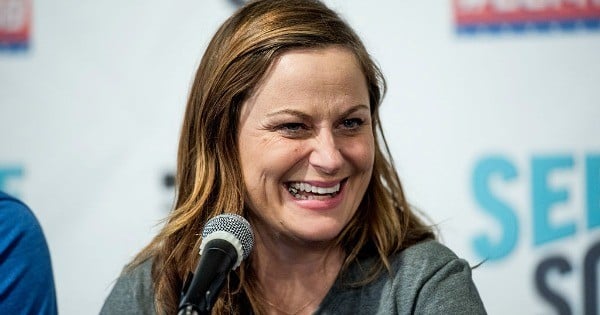
In the field of politics, women are discouraged from voicing their opinions and are seen as bossy, loud and overpowering when they make strong decisions. When men do the same, they’re seen as good leaders. There’s a real double standard. But we can change that, writes 17-year-old Abby Butler.
According to its definition, to be bossy is to be fond of giving people orders.
It is to be domineering, autocratic, dictatorial and oppressive and when I was younger I remember being called bossy a lot.
I distinctly remember running my first meeting for the volunteer group at my primary school and having that adjective spat at me by an older boy.
I was made leader of the group in Year Five, and this particular Year Six boy was clearly unhappy with that particular democratic process.
It may have been that I had decided he would be on the face painting stall at the school fete, but I think it was something much more ingrained that fuelled this discomfort with the situation.
Watch Abby speak to ABC News about her role as Youth Premier of New South Wales.
You only have to look as far as your own childhood to recognise where and why this divide occurs.




























































































